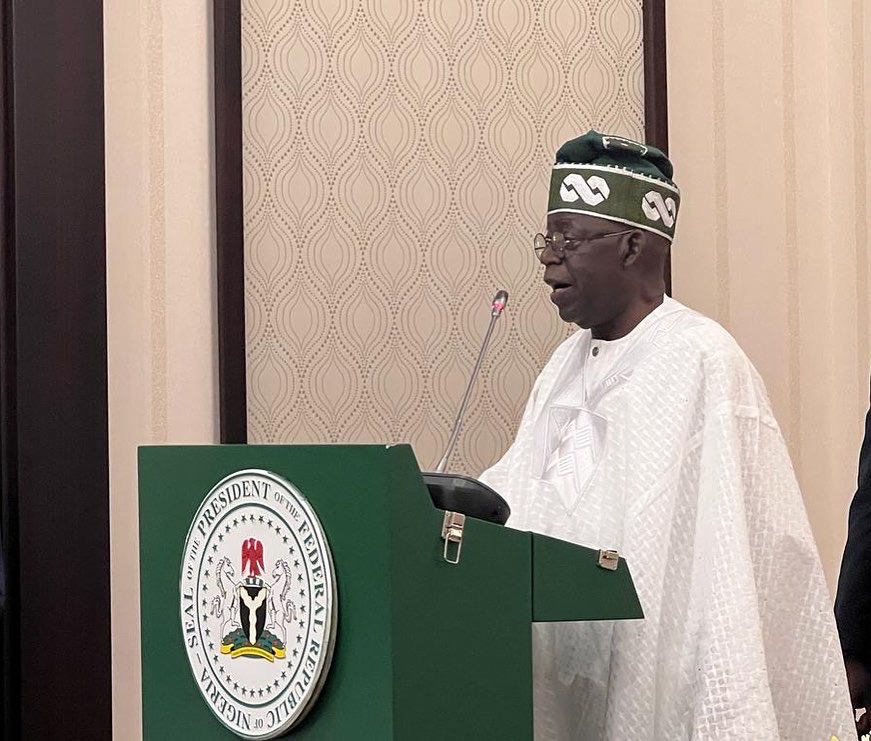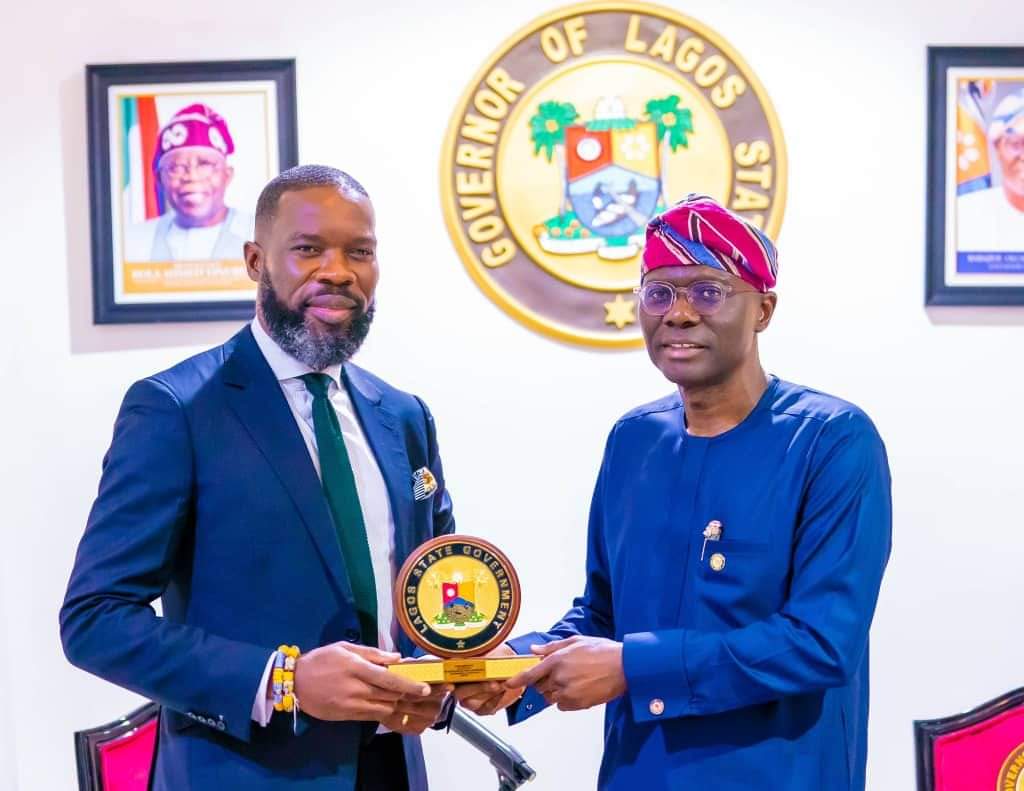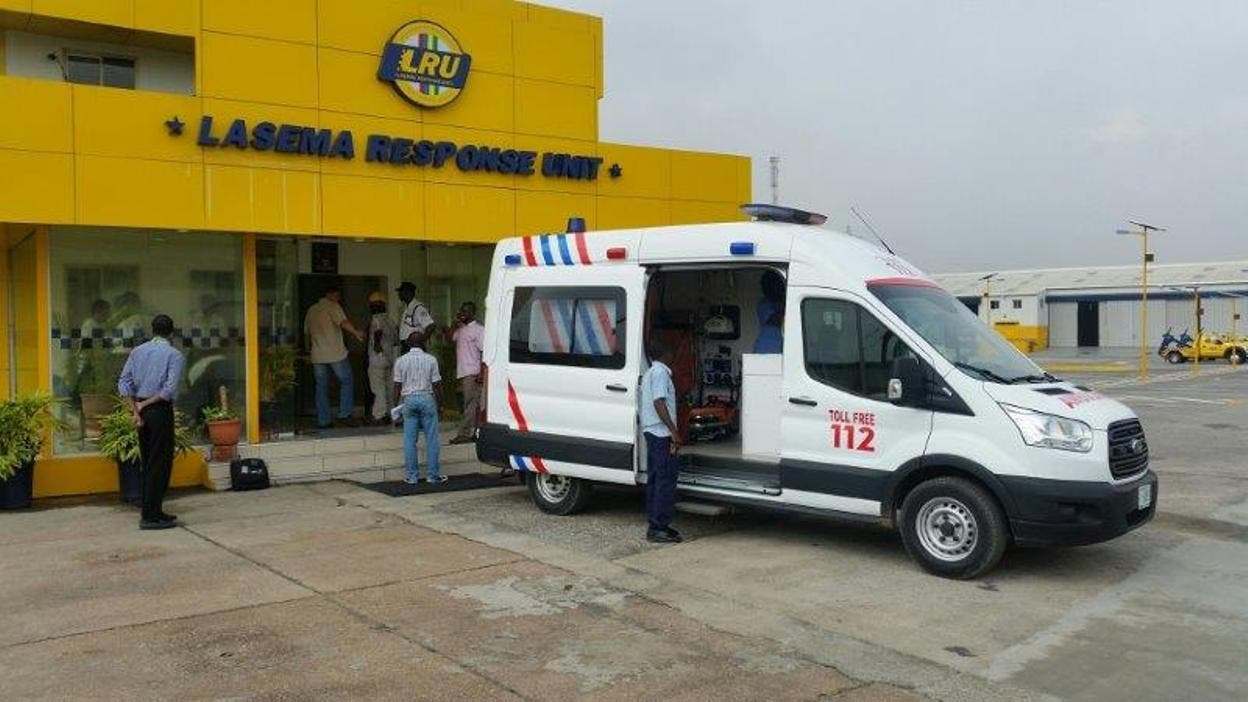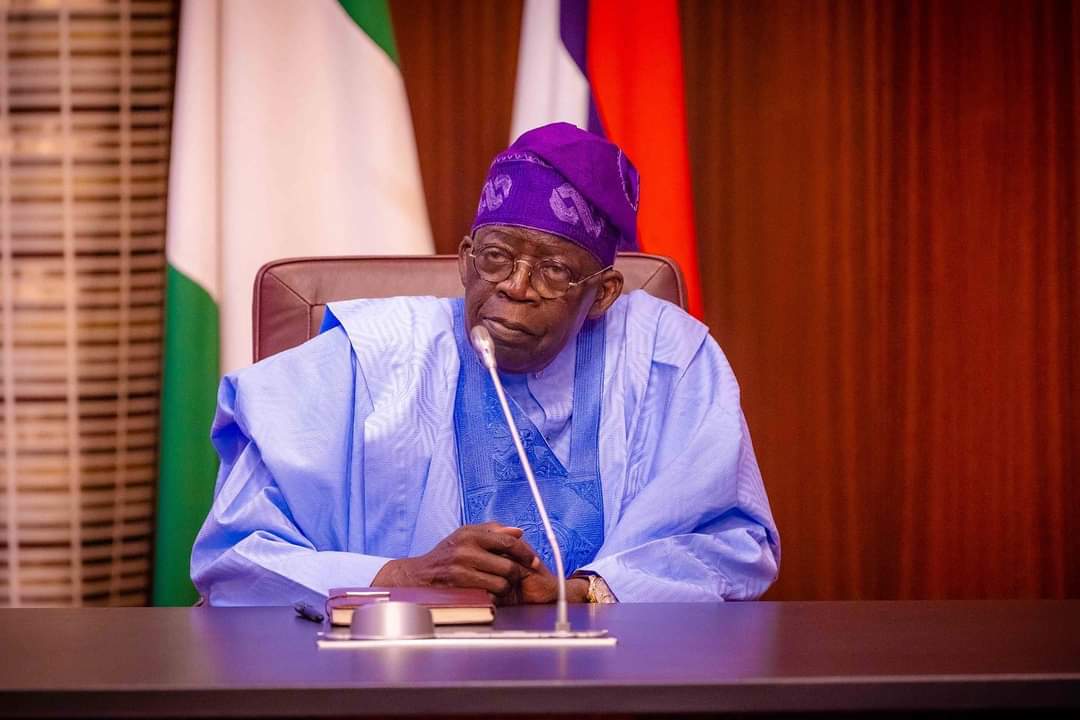Lagos To Generate N200bn Annually from.remote workers taxation
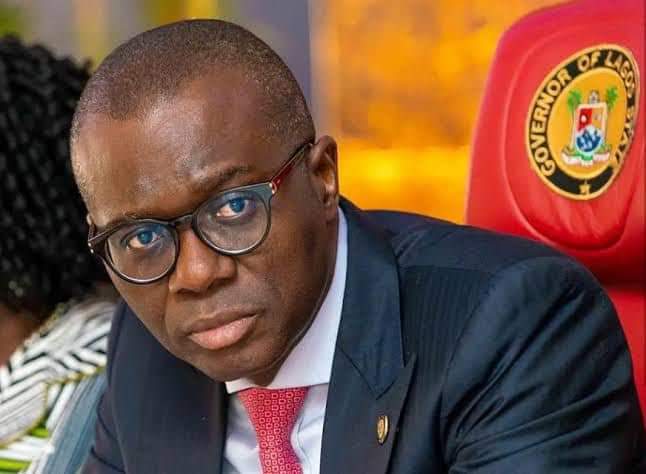
The Lagos State government has disclosed its plans to generate N200bn annually by expanding its income tax net to include remote workers.
This, the state intends to achieve by leveraging digital solutions for enhanced revenue collection.
Also, the state plans to raise its Internally Generated Revenue (IGR) to N5tn from four major sectors.
The digital economy is one of the sectors through which the state plans to raise its IGR, by introducing a Resident Global Digital Citizen Tax Management System, targeting remote workers, foreign firms, and digital influencers (content creators).
It will also involve accreditation and licensing of digital economy operators, supported by a robust platform including e-portal, marketplace, and a recovery platform.
This is contained in the synopsis for the Eko Revenue Plus Summit, scheduled to hold from September 25 to 26, 2024, under the theme “Unlocking New Revenue Streams for Lagos State”.
According to the document, the estimated budget to implement the initiative is N250m. This will cover portal construction, data mining, partnerships, stakeholder engagements, and communications.
“Increasing Lagos State IGR to 5 Trillion Naira in the life of the current administration requires a comprehensive and innovative approach that leverages technology, strengthens tax administration, expands the tax base and explores new revenue stream options, especially in the non-tax areas, while optimizing the existing processes,” the document read partly.
In June, the state Governor, Babajide Sanwo-Olu, claimed that out of the 54 countries in Africa, only seven of them have the Gross Domestic Products (GDPs) bigger in size than that of Lagos.
According to him, the state’s GDP has grown by almost 50 percent in the last five years under his administration.
The governor attributed the responsible factors to this growth to efforts by the state government to improve the ease of doing business and the decision to leverage technology and entrepreneurial abilities of its population for economic activities.
“Lagos is an example of a unique African success story, shaped by an interesting mix of advantages and challenges. It is the smallest of Nigeria’s 36 States, yet is responsible for more than a third of Nigeria’s entire GDP. Lagos has grown to have a GDP that is greater than the GDPs of all but seven African countries. In the last five years, under my leadership, we have seen an almost 50 per cent increase in our GDP.
“Lagos presents a significant context on how sub-national governments are vital in writing new stories of development and advancing the economic agenda of the continent. I am proud to say that we in Lagos State have indeed mastered the art and science of Public Private Partnerships (PPPs). Having pioneered this private sector led development in Lagos, we are now exporting that template to other States across the country.
“Our growth stories speak to the importance of African solutions and African capacity for tackling African problems. As we work towards accomplishing our aspirations, it is clear that sub-sovereign entities, such as cities, states, provinces, regions, and municipalities, can be instrumental in translating African countries’ high-level goals into tangible outcomes. It is at this sub-national level that a lot of the most remarkable reforms and transformations are playing out,” Sanwo-Olu said in his speech at the 3rd AfriCaribbean Trade and Investment Forum (ACTIF 2024) in Nassau, Bahamas



